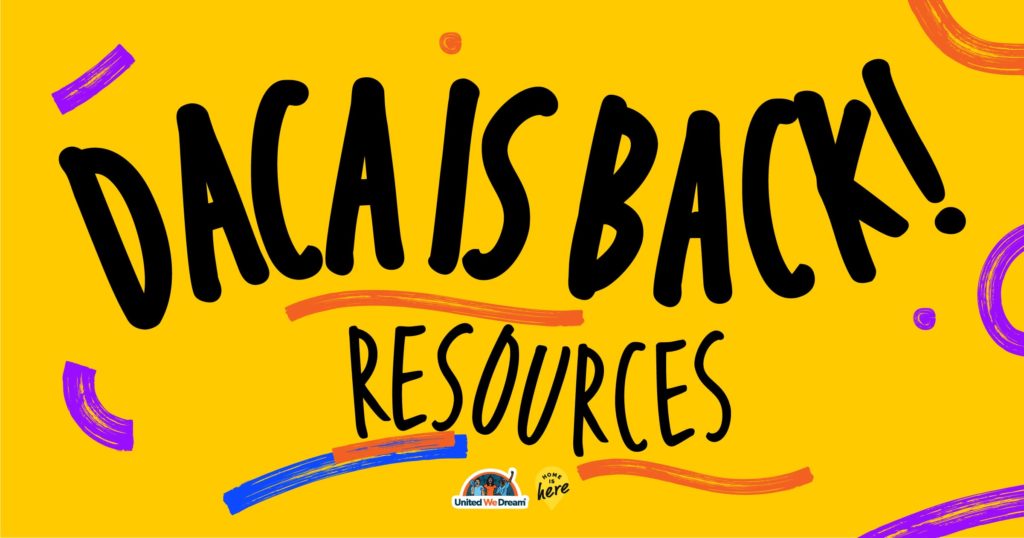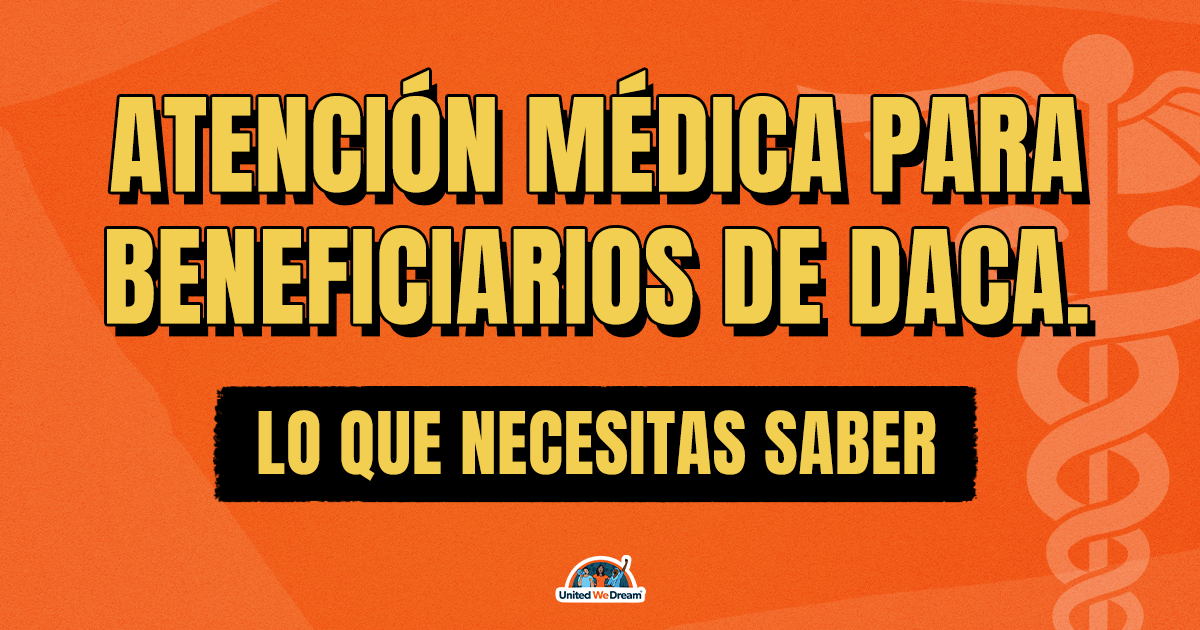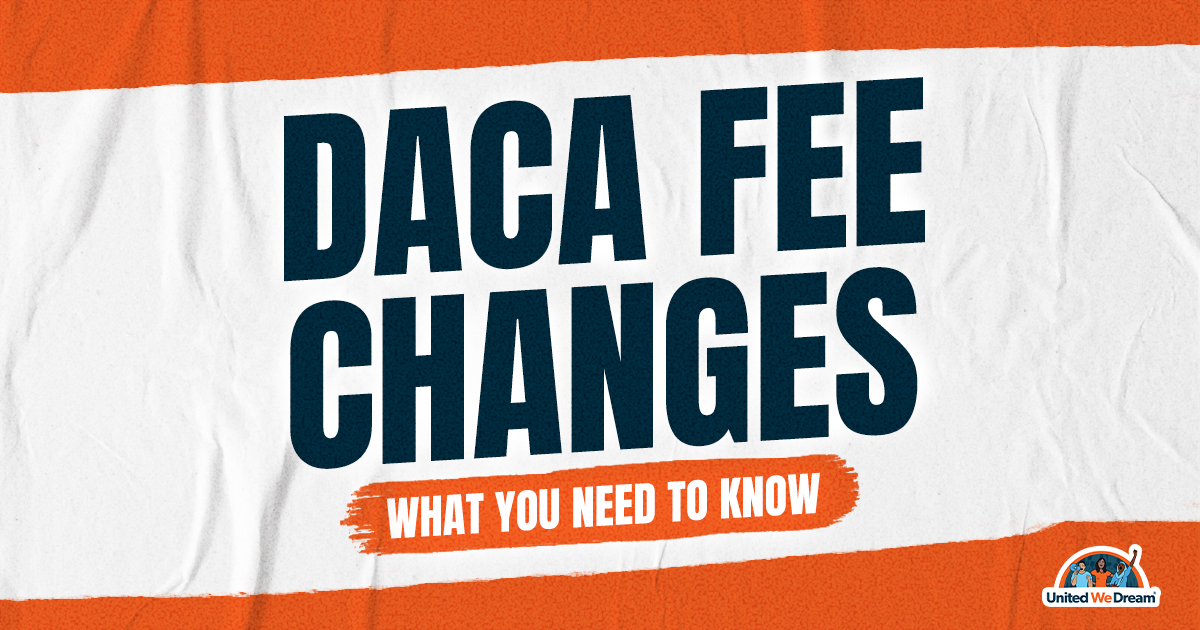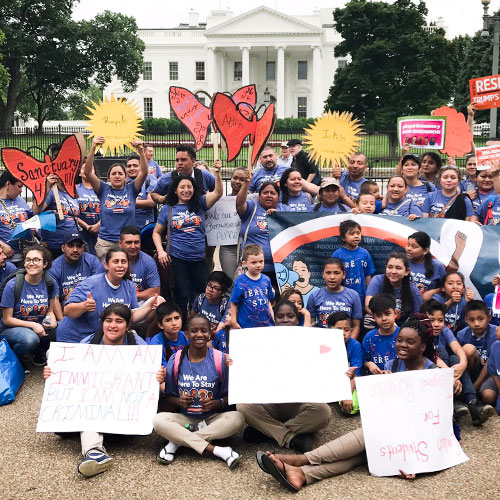What is an affidavit?
An affidavit is like someone vouching for you. is a sworn statement that is signed and dated. It is a crime to lie in a signed affidavit. The following words turn a letter into an affidavit: “I declare under penalty of perjury that this statement is true and correct to the best of my knowledge and belief.”
What do I need an affidavit for?
- If you have gaps in papers showing you were here from June 15, 2007 to the present.
- If you need to describe a departure between June 15, 2007 and August 15, 2012.*
- You need evidence of good moral character.*
*If this applies to you, it is especially important that you speak with a legal service provider.
Can I use an affidavit for all DACA requirements?
No, you can’t use an affidavit alone to prove:
- The education requirement
- You were here on June 15, 2012
- You came to the U.S. before you turned 16
- You were under 31 on June 15, 2012.
Who should write affidavits for me?
- To prove you’ve lived in the US continuously since 2007: Find two or more people who actually spent time with you inside the United States during the gap period(s).
- To describe a departure between June 15, 2007 and August 15, 2012, a legal service provider familiar with your case will best be able to advise you on this.
- To show that you have good moral character, the same rules apply except that you may also write your own affidavit.
Does the person writing the affidavit need to be identified?
Yes! The person who writes an affidavit should clearly explain who he or she is and their relationship to you. For example, if the person writing the affidavit knows you because you are neighbors or because he or she was your teacher, the affidavit should make that clear. They also need to have legal status and provide a copy of their ID
Does the affidavit need to be notarized?
No. If you submit an affidavit with your DACA application, it does not have to be signed in front of a notary public.










